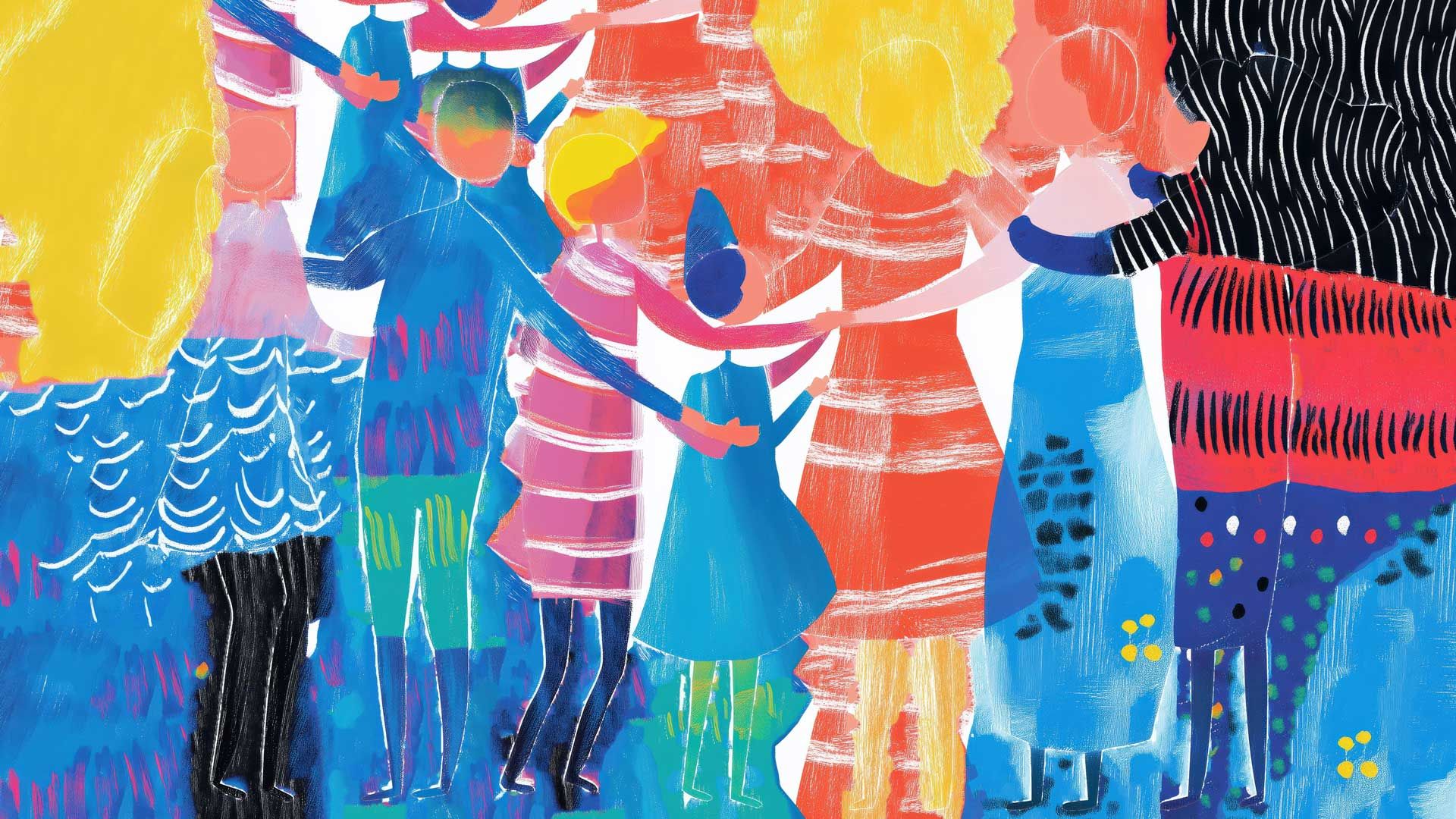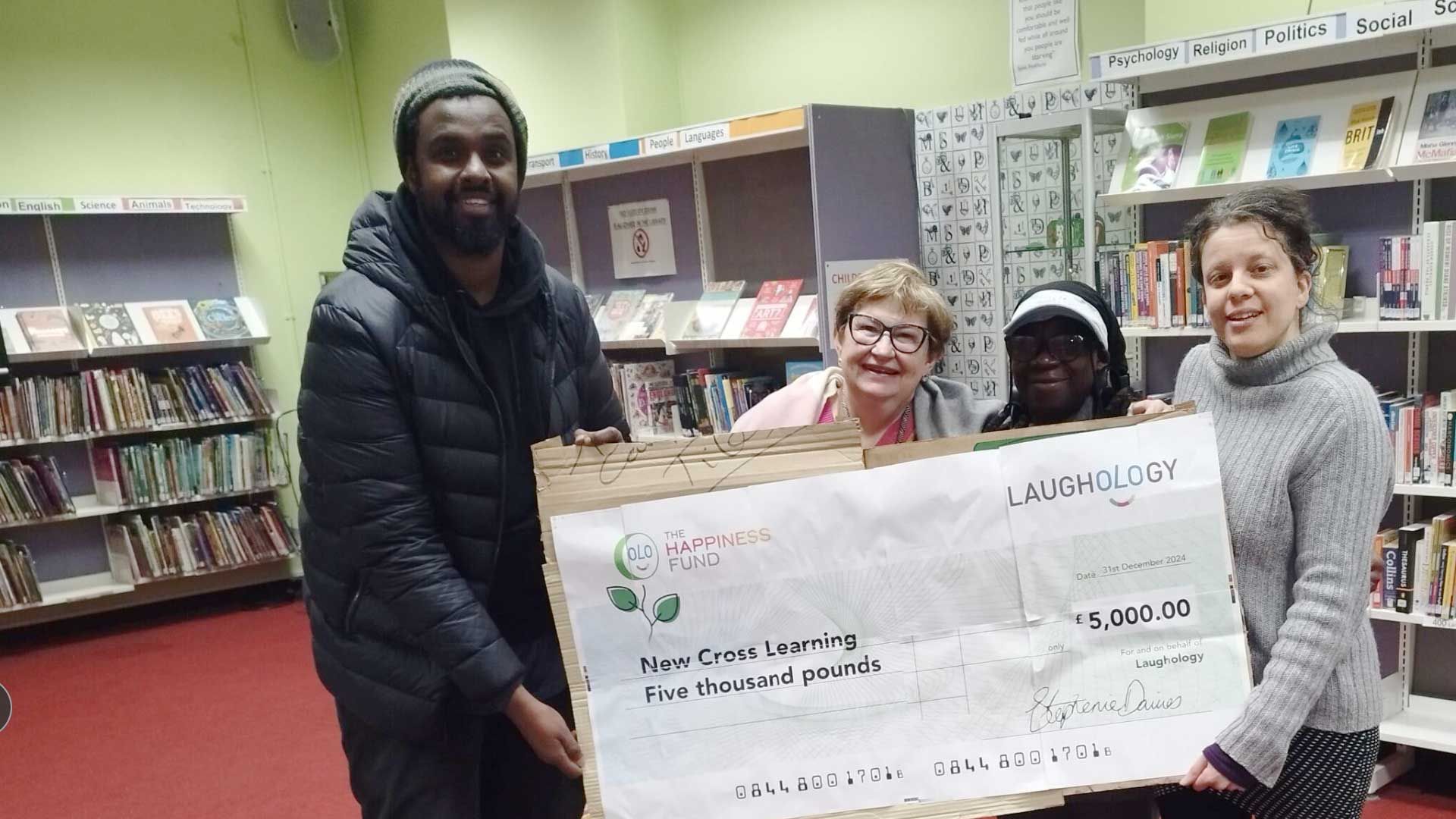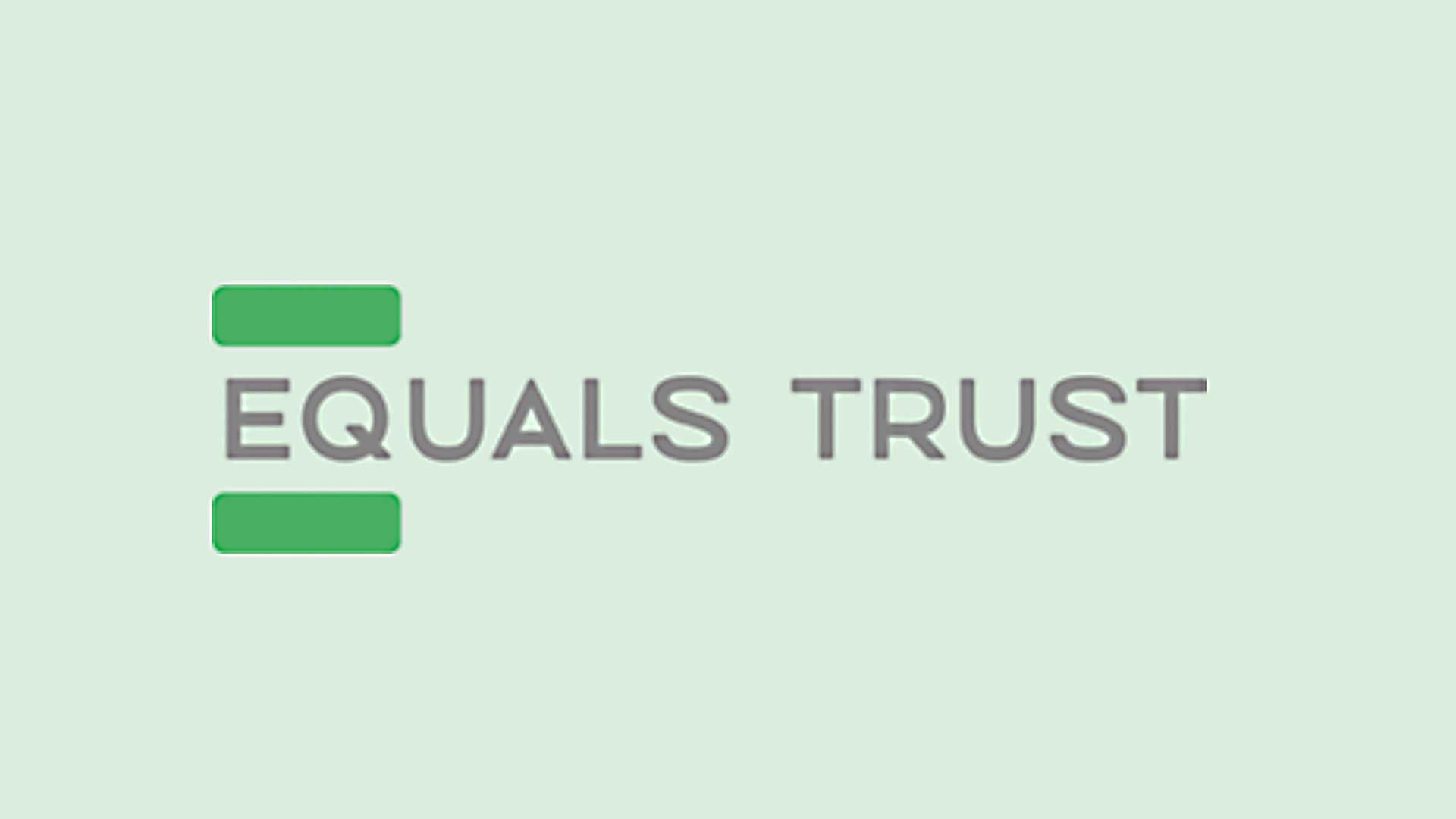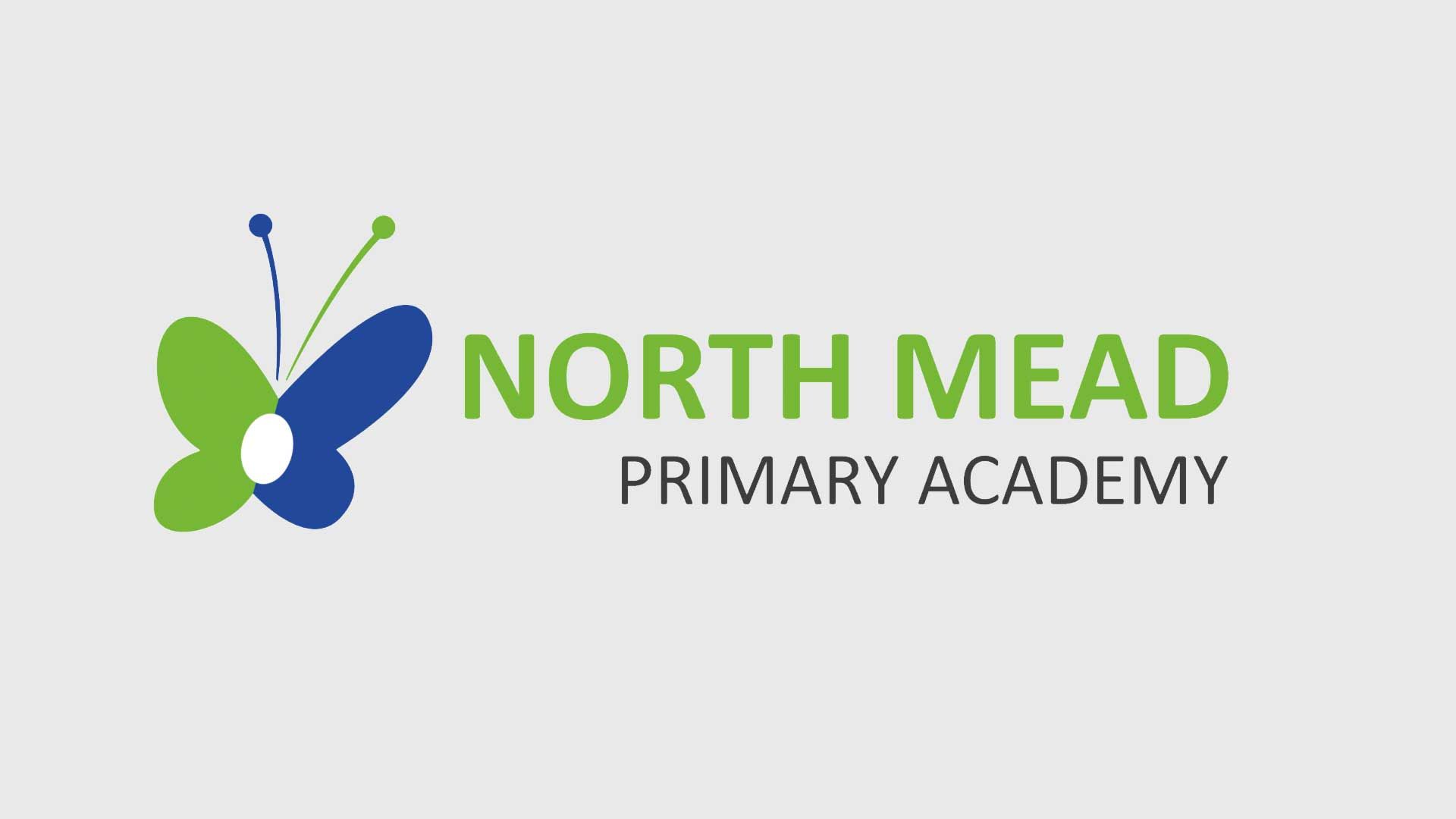Building Positive Classroom Relationships: Small Moments, Big Impact

In 2009, I returned to teaching after my second maternity leave to be told that the only job available to me was in Year 6. Indeed, sitting in my headteacher’s office, you could have heard a pin drop, shortly followed by the loud thud of my jaw hitting the floor.
You see, I’d only ever taught Year 1 and Year 2 - and, quite frankly, the Year 6 kids just seemed that bit too sassy for me. Some were taller than me. Others had a bad case of potty mouth. And all of them walked around like they owned the place.
But it was that or no job at all, so I had to pull on my big girl pants and accept.
In the weeks leading up to my first day with my class, I had all the usual crazy dreams. Children not listening to me, losing control of them, etc. We’ve all been there, right? To top it all off, I was told that one of the children had complex behavioural needs and had recently held the deputy head hostage in the classroom while the rest of the children had to be evacuated.
Great.
New class, new year group, potential hostage situation. What a term to look forward to.
But, dear reader, it was the best year of my teaching life. I bet you weren’t expecting that! Over the course of the following few months (and years), Year 6 became my favourite year group to teach. Yes, they were sassy and too big for their proverbial boots sometimes, but they were also funny, independent and keen to learn.
But the biggest lesson was realising that my relationships with each of them mattered. Like noticing when Zak had his hair cut and letting him keep his hair gel in his drawer so he could maintain the spikes during break times. Or knowing that Izzy had been in a gymnastics competition over the weekend and asking her about it on Monday. Small things that showed them I cared.
And I truly believe that’s what made the difference.
Why Positive Relationships Matter
Although it might not seem like it at times, we all have positive relationships in our lives – the work bestie who makes tough days easier, the family members who celebrate your successes, and the friends who offer support when you need it most. These relationships aren't just nice to have; they're essential to our wellbeing and success.
The same is true in our classrooms. Building positive relationships isn't just about being 'nice' – it's about creating an environment where genuine learning can take place. Where children feel seen, heard, and valued. And when this happens, they're more likely to take risks with their learning, ask questions when stuck and persist through challenges.
Think about your school-based relationships: How do positive connections with other members of staff enhance your teaching? How do they make challenging days more manageable? These same principles apply to our pupils’ experiences in the classroom.
Creating Meaningful Connections
Every classroom has complex dynamics, and nurturing relationships requires intentional effort. We’ve all been there when you think you’ve got to know the different characters and their idiosyncrasies, only to be told you’ve got a new child starting, and it shifts things - in either a small way or in a way that has you reaching for the gin.
But, as I found out, the cornerstone of positive relationships in the classroom lies in how we connect with each child individually. This means:
- Understanding their world: Take time to learn about their interests, family dynamics, and what makes them tick. It's about seeing the whole child, not just the pupil in front of you.
- Consistent communication: Use a mix of verbal and non-verbal cues to show you're invested in their success. A thumbs up, a quiet word of encouragement, or a proud smile can speak volumes - particularly if they hate being the centre of attention.
- Establishing clear boundaries: Children feel safer and more secure knowing where they stand. Fair, consistent boundaries actually strengthen relationships rather than hinder them.
However, classroom harmony also comes from building - and maintaining - positive relationships between the children. Sometimes, this needs careful cultivation, but you can do plenty of things on a daily basis to enable this to happen, including:
- Creating opportunities for collaboration: Structured group work, peer mentoring, and collaborative projects help students build meaningful connections with their classmates.
- Teaching social skills explicitly: Just as we teach maths and literacy, we need to teach children how to listen actively, show empathy, and resolve conflicts constructively.
- Celebrating differences: Helping students understand and appreciate diverse perspectives, abilities, and backgrounds creates a more inclusive and supportive environment.
Practical Strategies for Building Positive Relationships
Here at Happy-Centred Schools, we have a whole range of free lessons and resources for you to download to help you build the positive relationships your class needs. But here are a few ideas to wet your whistle:
- Start fresh each day - every morning is a new opportunity to strengthen connections. Greet each child by name, notice if someone seems out of sorts, and set a positive tone for the day ahead.
- Recognise and celebrate positive attributes - take time to reflect on your own positive attributes as a teacher and then consider how you can help students recognise these qualities in themselves and others.
- Create opportunities for children to identify their own strengths and areas for growth and set personal targets for relationship-building. Find time - perhaps daily after the register - for them to acknowledge and appreciate the positive qualities they see in their classmates. Much research has been done on the impact kindness has on us as individuals - both when hearing something about ourselves or sharing a kind word about someone else.
Building positive relationships in the classroom takes time and energy – resources that often feel in short supply in our busy teaching lives. But it's an investment that pays enormous dividends. When relationships are strong, behaviour management becomes easier, learning deepens, and our classrooms become places where both teachers and students thrive.
Just the other day, I was rifling through some old cards I’d kept from my teaching days, and I found one from a Y6 girl called Lauren. It said:
‘Thank you for being a lovely teacher and helping me so much this year. I’ve really enjoyed getting to know you. You are a fabulous person. On the first day when you said, “Tuck your shirt in!” to me, I thought, “Oh no, this is going to be a rough year,” but how wrong was I? You’ve been so wonderful, kind, caring and funny. I will miss you!’
The power of positive relationships - they really can, and do, make all the difference. And without a hostage situation in sight.
Steph Caswell started out life as a primary school teacher, reaching the dizzy heights of deputy headship before turning her hand to writing. She’s the author of six books, and when not writing witty, opinionated content for Happy-Centred Schools, she supports other aspiring authors to write theirs.













